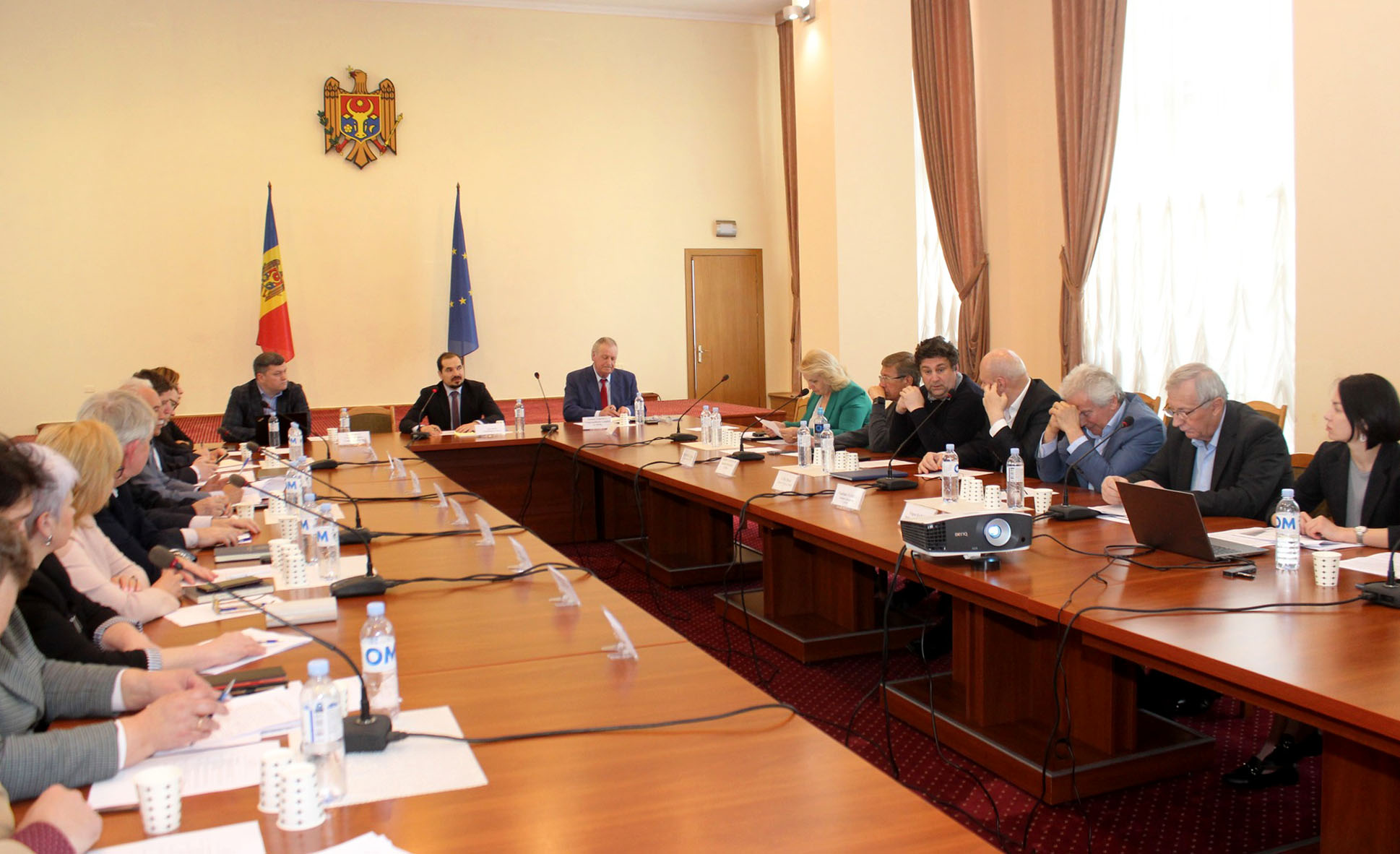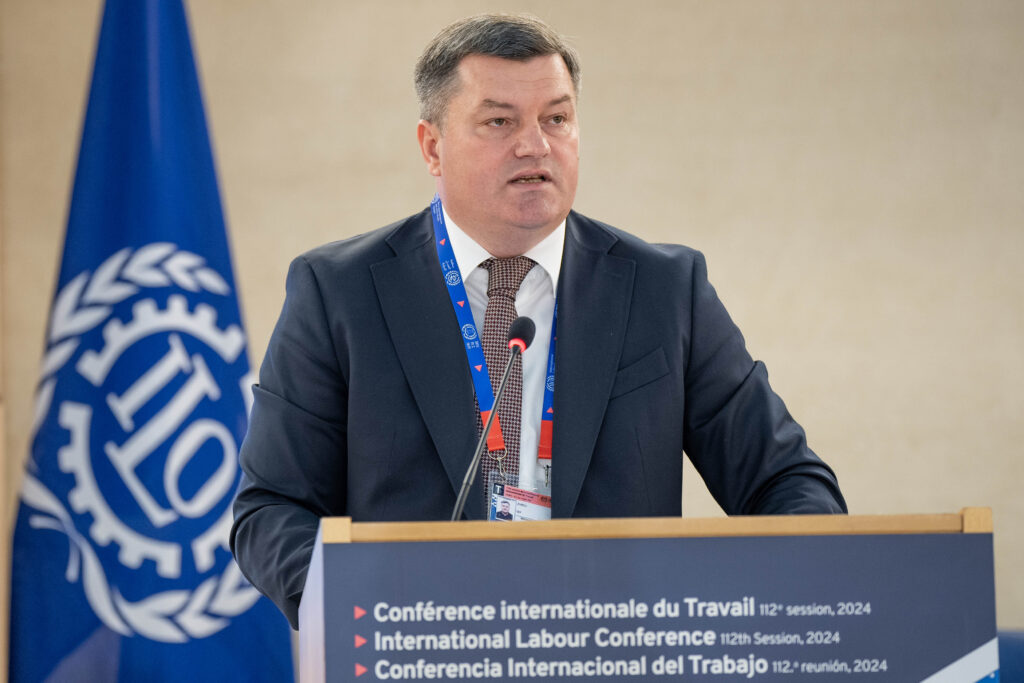The National Commission for Consultations and Collective Bargaining (CNCNC) resumed its activity on May 5. Several important issues were on the agenda, including the imperative need to raise the national minimum wage.
The trade unionists stressed the need to review the previous request of the National Trade Union Confederation of Moldova (CNSM) and the National Confederation of Employers of Moldova on the minimum wage in the country for the year 2023 and insist that the minimum wage should be 5850 lei from 1 June 2023. For their part, employers’ representatives proposed that the minimum wage should be 5000 lei from 1 January 2024.
The CNSM representatives presented several arguments in favor of increasing the minimum wage in the country: the unfavorable social and economic situation in the country due to the high level of inflation (30.2% in 2022) and the reduction in the real value of wages (by 10.3% over the given period), as well as the need for the minimum wage in the country to ensure at least the basic needs of the employees and to allow for the realization of the right to a minimum old-age pension without the need for compensation from the state budget for the difference up to the minimum pension.
Moreover, it is worth pointing out that in the Appeal to the participants of the May 1, 2023 rally, organized by CNSM on the occasion of the International Day of Solidarity of Working People, trade unionists called for the minimum wage to be set at 50% of the average wage in the economy, in accordance with the provisions of the revised European Social Charter and the EU Directive on adequate minimum wages in the European Union.
It should be stressed that since January 1, 2023, the minimum wage in the country has been increased to just 4000 lei, although trade unionists have repeatedly demanded for it to be at least 5000 lei.
During today’s meeting, the committee members examined issues on the opportunities to change the mechanism of providing employees of the Ministry of Internal Affairs with food allowance (this request came from the Federation of Trade Unions of Moldova “SINDLEX”); the situation related to the state tax paid when registering trade union organizations and the steps taken by CNSM in this regard.
CNSM also discussed the issue of ensuring the right to early retirement for people who have worked in special working conditions, as well as the right to early retirement for long career, an issue previously raised by trade unionists at meetings with the management of the National Social Insurance House (CNAS).
Thus, CNSM, together with CNAS, have drawn up two draft laws amending and supplementing Law no. 156/1998 on public pension system, which aim to: include in the contribution period required for the right to early retirement for a long career and the period of residency; reduce the contribution period required to be completed under special working conditions to 15 years, which will entitle the right to a reduction in the retirement age, and exclude the conditionality aimed at obtaining a full contribution period of 34 years to benefit from the right to retire under advantageous conditions.
The social partners also discussed about the financial situation of transport companies and the purchase of quality local food in schools, kindergartens and medical institutions.
It is recalled that the National Commission for Consultation and Collective Bargaining and the committees set up at branch/territorial level are autonomous tripartite structures of public interest of social partnership, which meet for the purpose of consulting and submitting proposals on labor and social-economic issues of national, branch and territorial interest, promoting social partnership at all levels, ensuring the participation of civil society in the promotion of national policies.
The video recording of the meeting of the National Commission for Consultation and Collective Bargaining on 5 May 2023 can be accessed here.

